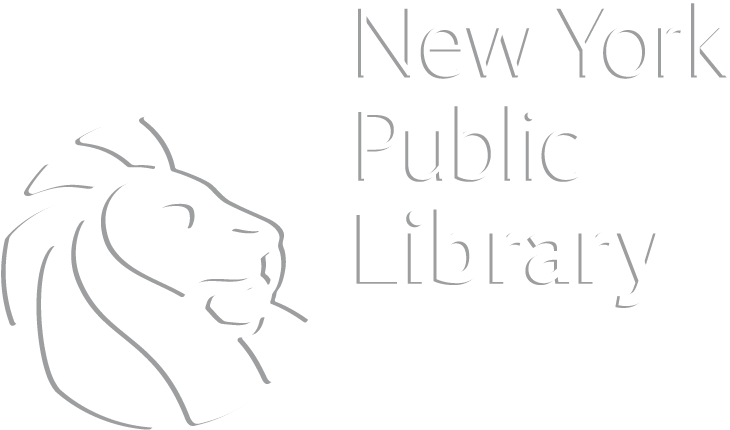The Data Assembly is a collaboration between citizens, civil rights organizations, key data holders and policymakers.
Our work will commence with a focus on New York City, with the intent of expanding to other cities, states, or the federal level.
Our initial focus will be data re-use for COVID-19 measures, but our results will be applicable beyond the pandemic.
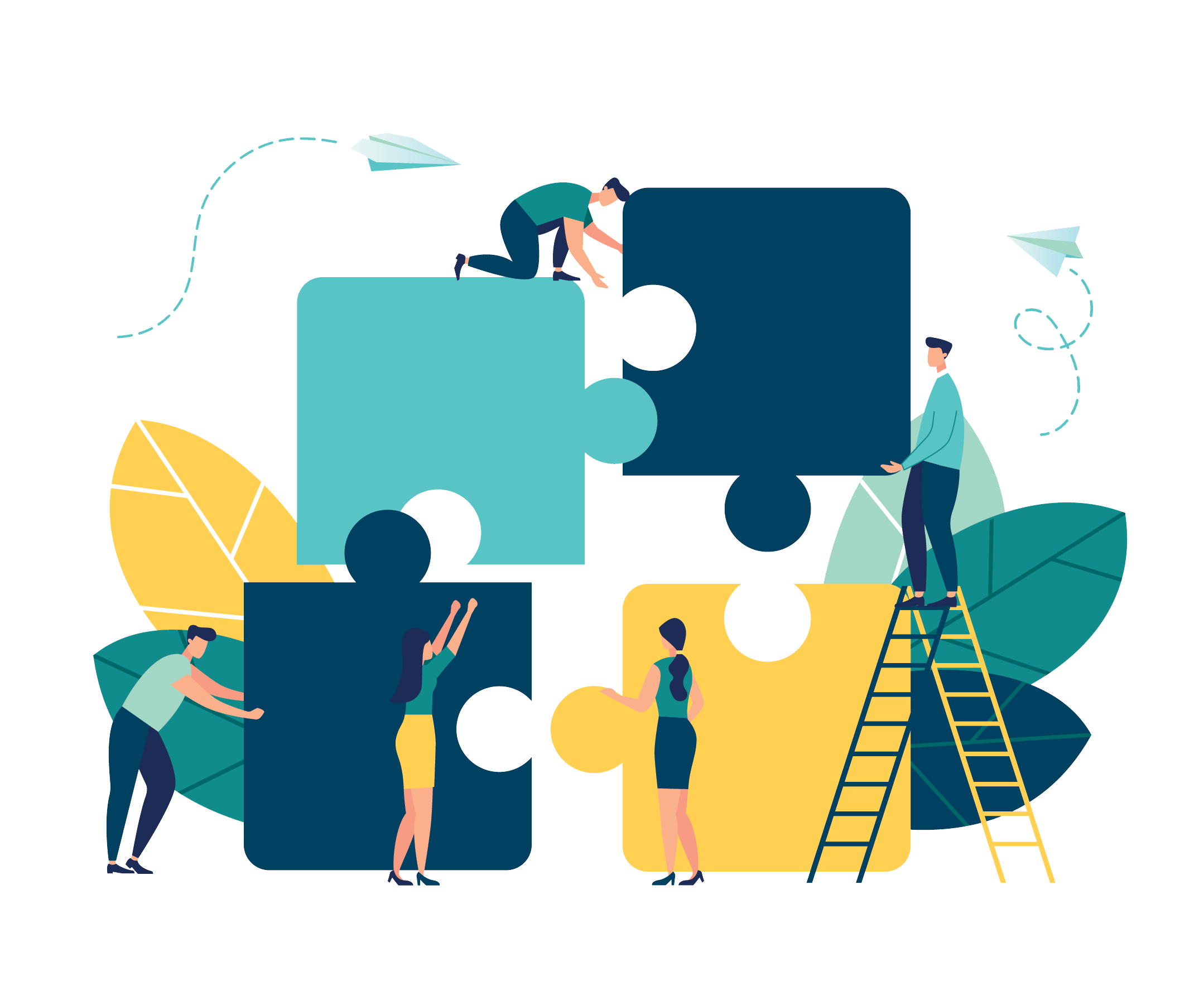
Through the use of online deliberations and surveys, the Data Assembly will seek to highlight existing problems, possible concerns, and benefits they associate with data re-use. At the end of this process, there will be a map of challenges and expectations curated and ranked by the Data Assembly.
Too often, policy is designed and conducted in a top-down manner, with little citizen input. We believe this more inclusive effort will yield trusted and effective data policies in the fight against COVID-19.
Dr. Mariko Silver
President and Chief Executive Officer of the Henry Luce Foundation
If used responsibly and effectively, data could help to mitigate the impacts of COVID-19, but to unlock data’s value, we need to rapidly get smarter about the policy and governance challenges resulting from re-using data; as well what public expectations are.
Stefaan Verhulst
Co-Founder and Chief Research and Development Officer of The GovLab
Data is increasingly the primary format for sharing information to understand crises and plan recovery efforts; empowering everyone to better understand how data is collected and how it should be used is paramount. We look forward to learning from the insights gathered by the GovLab through the Data Assembly work they are conducting in New York City.
Adrienne Schmoeker
Director of Civic Engagement & Strategy and Deputy Chief Analytics Officer, NYC Mayor's Office of Data Analytics
We are now witnessing generation-defining civil liberties struggles erupt across America. A central thread running through all debates: communities—especially those have been long oppressed—are rightly demanding "nothing about us without us.” Community voices have been critical in bringing greater awareness to complex policy issues, and in winning long-overdue reforms.
Panthea Lee
Executive Director of Reboot
Discussions on data governance—which have urgent and heightened importance during the pandemic—have typically been deemed to be beyond the interest or understanding of the general public, and thus dominated by technical “experts”. But the questions under consideration will impact us all, and thus require broad discussion and deliberation. The Data Assembly is an important and timely effort to advance this conversation.
Panthea Lee
Executive Director of Reboot
Technology is reshaping cities, their services, and their public spaces. It's key for residents to feel that they both understand and have a voice in that change. We have to raise the bar on civic engagement when it comes to data and technology innovations in our communities.
Denise Riedl
Chief Innovation Officer for South Bend, IN and a Fellow with the Benton Institute
Resolving social trade-offs requires that many different voices be heard. This may sound radical, but it is in fact the original lesson of democracy: Citizens should have a say.
Federica Carugati
Program Director, Center for Advanced Study in the Behavioral Sciences at Stanford University
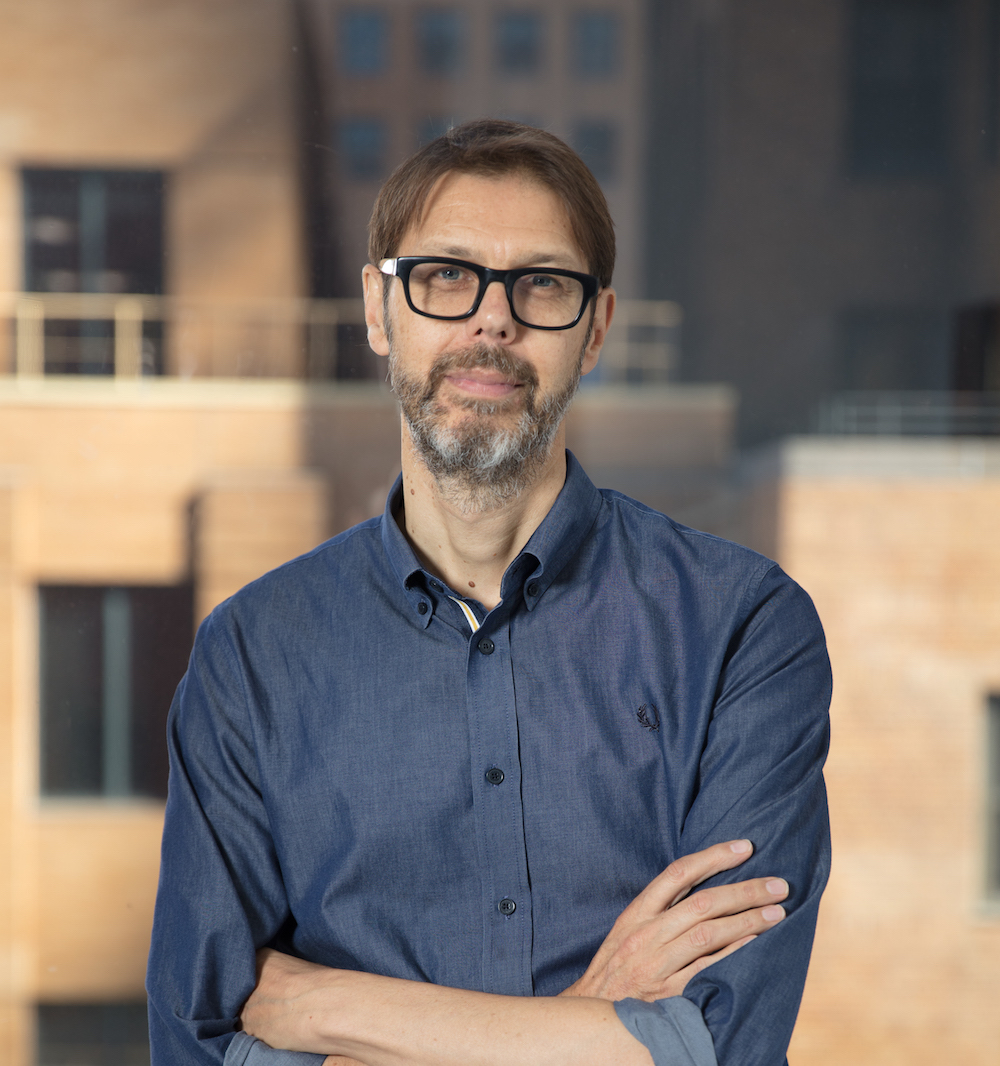
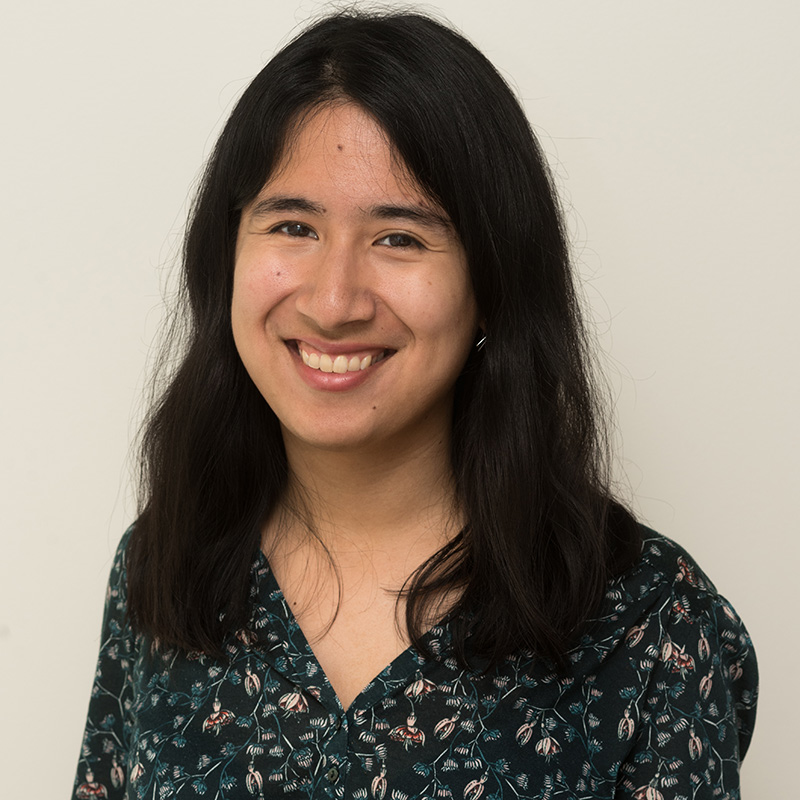
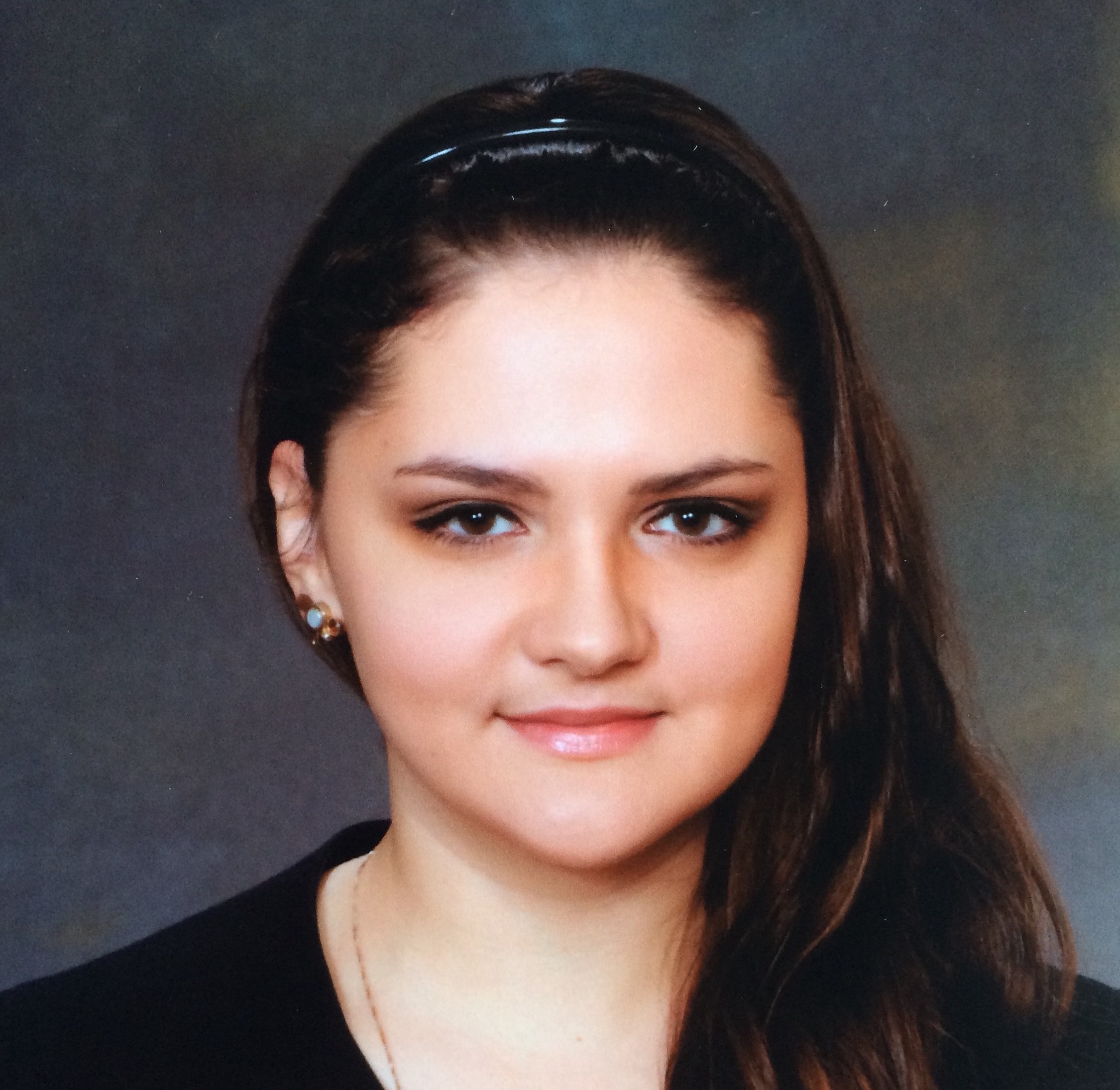
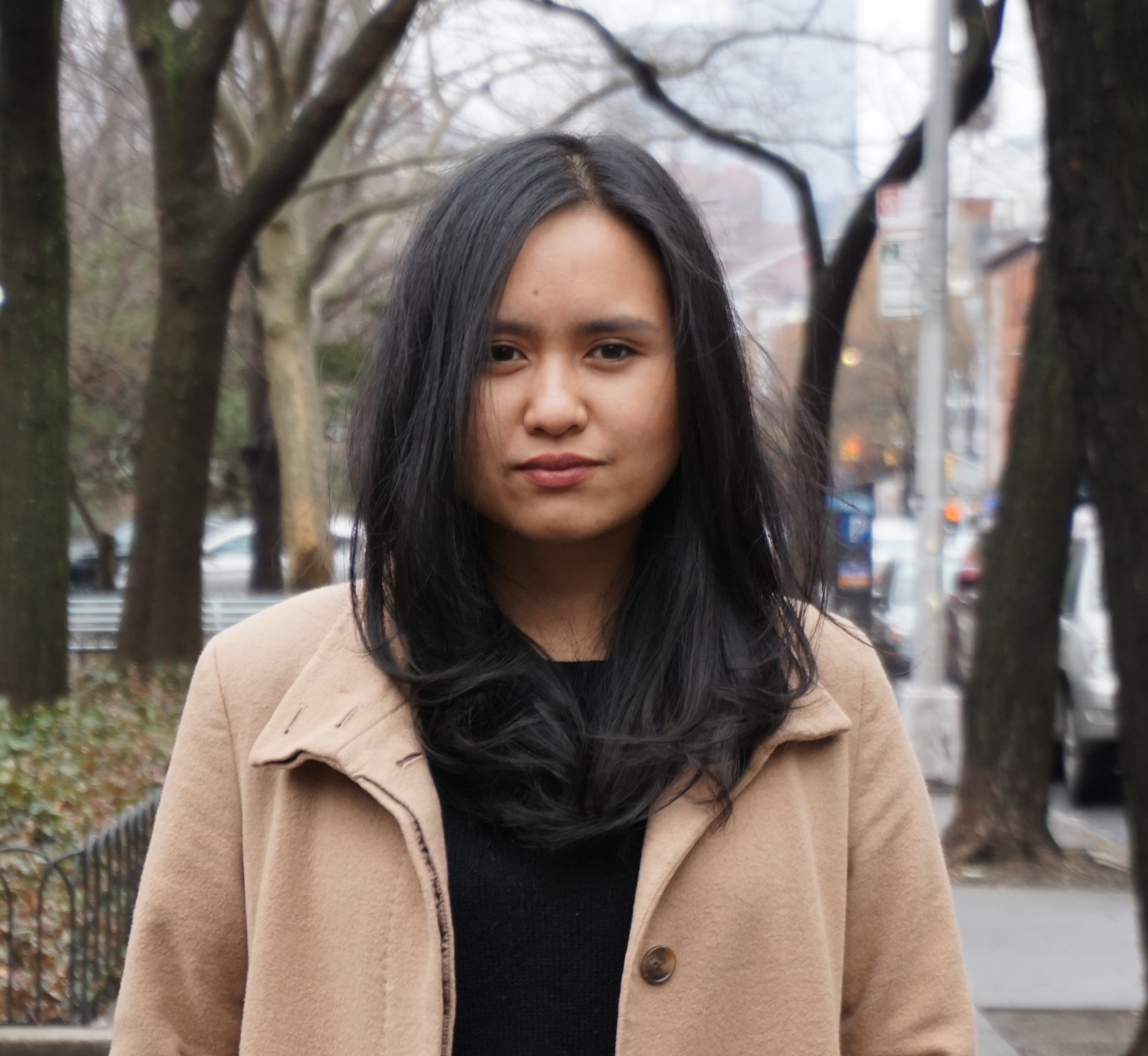

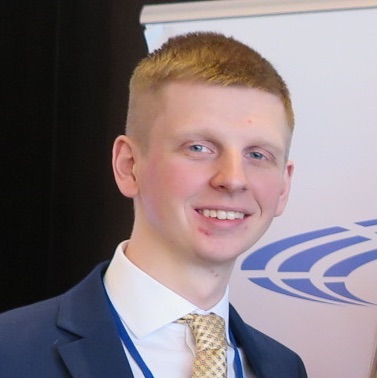
* indicates required fields
Thank you for your submission!




